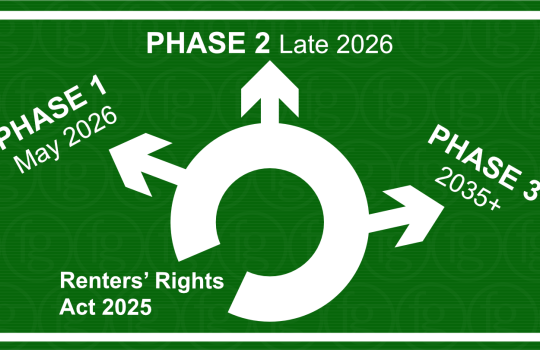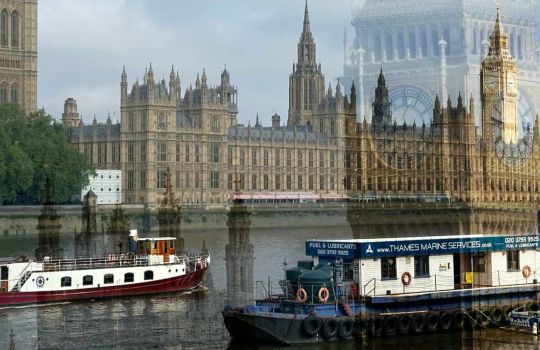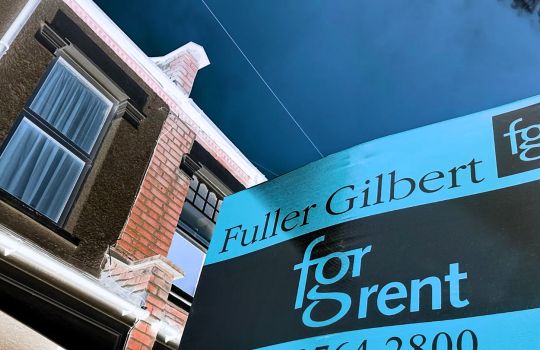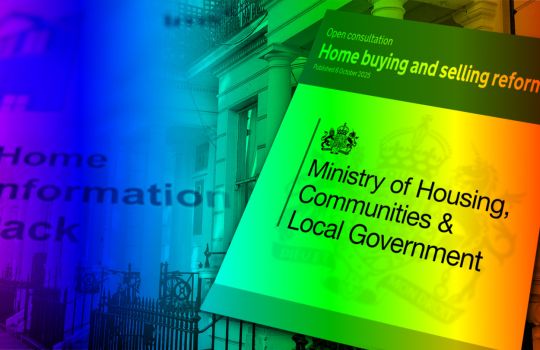Leasehold System Reforms Move a Step Closer

Plans to reform the leasehold system for new properties have advanced with the release of the Commonhold White Paper. Currently, the leasehold system allows third-party landlords, known as freeholders, to own a building, while leaseholders purchase the right to occupy a flat within the building for a fixed period.
However, the new plans outlined in the white paper aim to replace the leasehold system with a commonhold model. Under this proposed system, homeowners would own a share of, and have greater control over, the building they live in. The government intends to ban the sale of new leasehold flats in England and Wales and introduce commonhold as the default model.
These proposals are part of a broader effort stemming from the Leasehold and Freehold Reform Act 2024, spearheaded by former Conservative Housing Secretary Michael Gove. The Act, which was one of the final pieces of legislation passed before the previous government called the last General Election, introduced a ban on new leasehold houses and extended the standard lease term to 990 years. However, a cap on ground rent was not included in the legislation.
Key Benefits of the Reform
Supporters of the Leasehold and Freehold Reform Act 2024 argue that the reforms will strengthen leaseholders’ rights, including:
- Making it more affordable and easier for leaseholders of both houses and flats to extend their leases or purchase their freeholds. This includes removing the requirement to pay "marriage value" (the value added by extending the lease).
- Extending the standard lease extension term to 990 years and reducing ground rent to a nominal value (peppercorn), in exchange for a premium payment.
- Expanding the criteria for leaseholders to extend their leases, buy their freeholds, and take over the management of their building.
- Banning the granting of new leasehold houses, with a few exceptions.
- Improving the transparency of service charges, with leaseholders gaining the right to request information about service charges and building management.
- Addressing administration charges and building insurance commissions.
- Removing the presumption that leaseholders must pay their landlord's legal costs when challenging poor practices, while granting them the right to apply to claim legal costs from the landlord.
- Expanding access to redress schemes for leaseholders where the freeholder directly manages the property.
- Ensuring timely access to relevant property sales information for leaseholders.
Government opinion
Housing Minister Matthew Pennycook emphasised: "This government promised not only to provide immediate relief to leaseholders suffering now but also to end the feudal leasehold system. By taking decisive steps to make commonhold the default tenure, we will ensure that homeowners, not third-party landlords, will own the buildings they live in and have a greater say in how their homes are managed and the costs they incur."
Concerns and Challenges
While the proposed reforms are widely praised, concerns have been raised about the potential creation of a "two-tier" system of flats in the UK. In this scenario, new properties under commonhold ownership and management may be preferred by buyers over existing leasehold properties.
Additionally, questions remain about how the commonhold system will be implemented and managed. Key issues include:
- How will commonholders be trained to manage developments, especially large or mixed-use complexes? Who will provide this training?
- How will groups of commonholders collaborate to manage buildings and resources effectively?
- How will landlords and investors be assured that properties are being properly managed under the new system?
A draft Leasehold and Commonhold Reform Bill is expected to be published later this year, providing further details on how the new system will operate.
More information:
https://www.gov.uk/guidance/guide-to-the-leasehold-and-freehold-reform-bill
https://commonslibrary.parliament.uk/leasehold-reform-in-england-and-wales/














